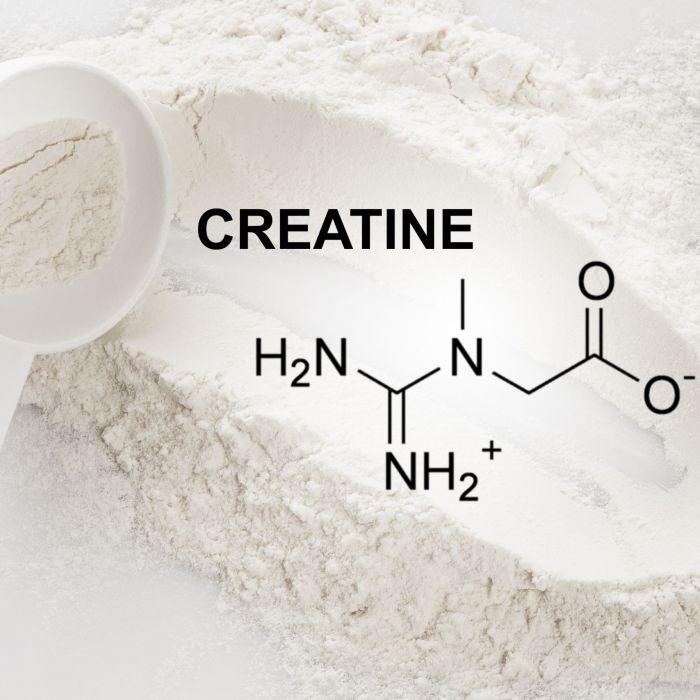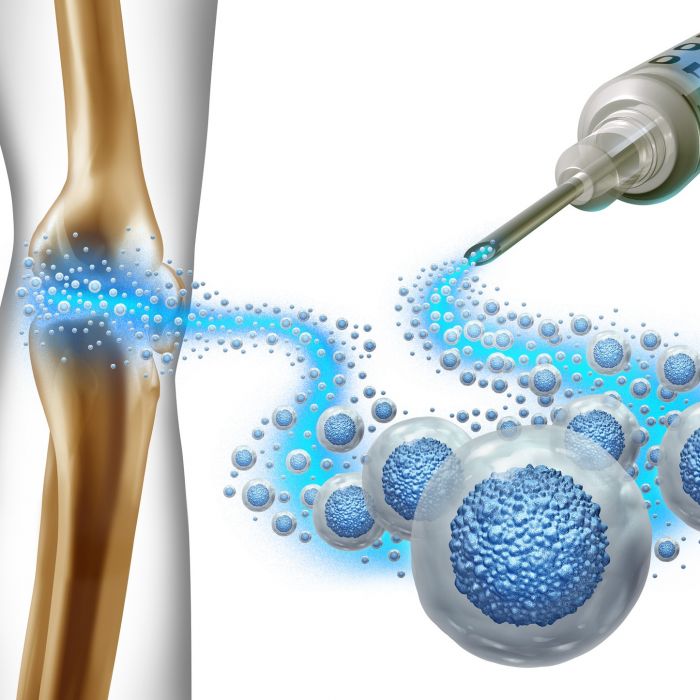Metabolism, the intricate process by which your body converts food into energy, plays a pivotal role in maintaining a healthy weight and overall well-being. While some individuals seem to effortlessly shed pounds, others struggle to lose weight despite following a healthy diet and exercising regularly. This disparity often stems from variations in metabolic rate, with individuals with slower metabolisms finding it more challenging to burn calories and maintain a healthy weight.
Signs of a Slow Metabolism
While the term “slow metabolism” is often used casually, it’s crucial to differentiate between a slow metabolism and other factors that may contribute to weight gain or difficulty losing weight. Understanding the signs of a slow metabolism can help you identify potential underlying issues and seek appropriate guidance.
- Unexplained Weight Gain or Difficulty Losing Weight: One of the most noticeable signs of a slow metabolism is unexplained weight gain or difficulty losing weight despite making efforts to eat a healthy diet and exercise regularly.
- Fatigue and Chronic Tiredness: If your body is struggling to convert food into energy efficiently, you may experience chronic fatigue or feel lethargic throughout the day.
- Intolerance to Cold: Individuals with slow metabolisms often report feeling colder than usual, as their bodies generate less heat during the metabolic process.
- Dry Skin and Hair: The hormones that regulate metabolism also play a role in maintaining skin and hair health. A slow metabolism can lead to dry, brittle nails and hair, as well as dry, flaky skin.
- Irregular Menstrual Cycles: Hormonal imbalances associated with a slow metabolism can disrupt menstrual cycles, leading to irregularities or even amenorrhea (absence of menstruation).
- Low Libido: Fluctuations in hormone levels can also affect sex drive, with individuals with slow metabolisms often experiencing a decreased libido.
- Mood Swings and Depression: The frustration of unexplained weight gain and persistent fatigue can contribute to mood swings and even depression.

Causes of a Slow Metabolism
Several factors can contribute to a slow metabolism, including:
- Genetics: Your genetic makeup plays a significant role in determining your metabolic rate. Some individuals inherit a slower metabolism from their parents.
- Age: As we age, our metabolic rate tends to slow down, making it more difficult to maintain a healthy weight.
- Sex: Women generally have a slower metabolism than men due to differences in body composition and hormone levels.
- Thyroid Imbalances: An underactive thyroid gland, a condition known as hypothyroidism, can significantly slow down metabolism.
- Medical Conditions: Certain medical conditions, such as polycystic ovary syndrome (PCOS), can also affect metabolism.
- Medications: Some medications, such as beta-blockers and corticosteroids, can have a slowing effect on metabolism.
9 Things You Can Do About a Slow Metabolism
While you cannot entirely alter your genetic predisposition to slow your metabolism, there are several lifestyle modifications and medical interventions that can help boost your metabolic rate and promote weight management.
- Regular Exercise: Incorporating regular physical activity into your routine can significantly increase your metabolic rate, helping you burn more calories even at rest. Aim for at least 30 minutes of moderate intensity exercise most days of the week.
- Strength Training: Strength training not only builds muscle, but it also increases your resting metabolic rate, allowing you to burn more calories even when you’re not actively exercising.
- High-Protein Diet: Protein requires more energy to digest than carbohydrates or fats, resulting in a temporary boost in metabolism. Include protein-rich foods like lean meats, fish, eggs, beans, and lentils in your diet.
- Adequate Sleep: When you’re sleep-deprived, your body releases the stress hormone cortisol, which can slow down your metabolism. Aim for 7-9 hours of quality sleep each night.
- Stress Management: Chronic stress can also lead to increased cortisol production and a slower metabolism. Find healthy ways to manage stress, such as yoga, meditation, or spending time in nature.
- Hydration: Staying well-hydrated is essential for overall health and can also help boost metabolism. Aim to drink plenty of water throughout the day.
- Medical Weight Loss Assistance: A medical weight loss program that is tailored to your specific needs can help jump start your weight loss journey.
- Peptide Therapy: Treatments like MOTS-c peptides is a natural trainer for your metabolism with a positive impact on your overall wellness as well.
- Consult a Healthcare Professional: If you suspect you have a slow metabolism, consult your doctor or a registered dietitian. They can assess your individual situation, rule out any underlying medical conditions, and recommend a personalized plan to address your concerns.
Remember, a slow metabolism doesn’t have to be a barrier to achieving your health and weight management goals. By making lifestyle modifications, seeking professional guidance, and adopting a holistic approach to wellness, you can effectively manage your metabolism and promote overall well-being. The team at AgeRejuvenation is ready to help you make the most of your life. Contact us today to schedule an appointment to discover how we can help you achieve your weight loss goals.








